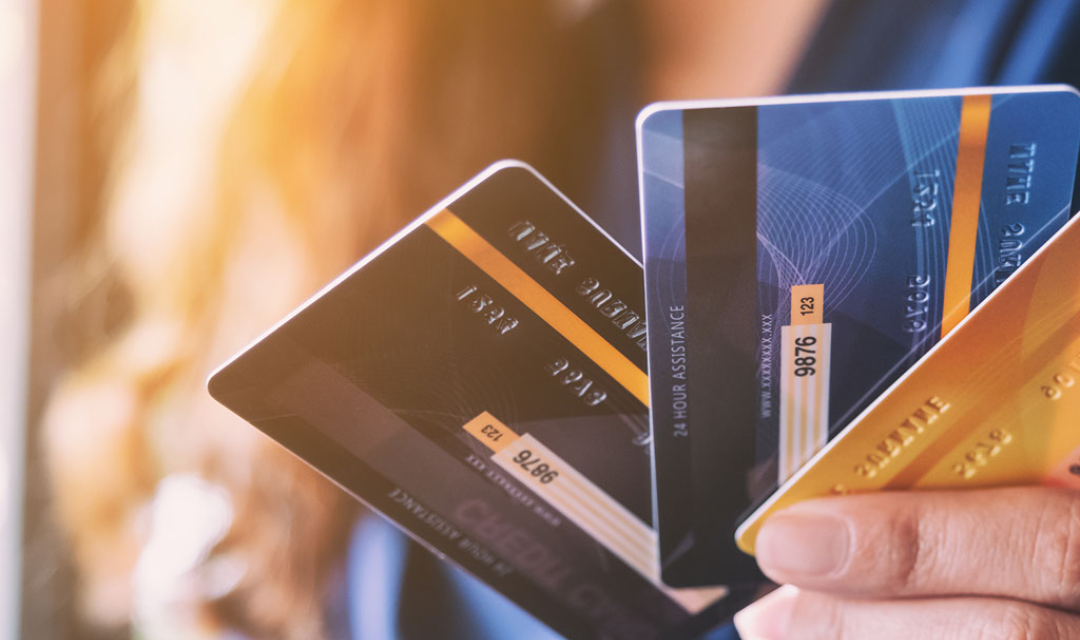What does credit card management mean?
Credit card management is an important skill to develop to ensure your long-term financial health. Having smart strategies for spending, making payments on time, monitoring usage, and more might seem daunting, but can have a big impact on your credit score—and stress level.
Studies have shown that most American adults have at least one (or more) credit cards. Many of the things we love about them—convenience, safety, tracking, rewards—are the same qualities that can tempt us into overuse.
We then find ourselves at the end of the billing cycle and confronted by our credit card debt, as well as the interest rate associated with any carryover balances. These unpaid balances can accumulate over time and seem impossible to get under control.
Save time, money and headaches down the road by remembering these simple tips.
Why Is Credit Card Management Important?
Credit cards are a helpful tool for many different situations, whether that’s financing a large purchase or just online shopping. However, it’s also critical that credit card users actively manage their open accounts. Poorly managed credit cards can lead to bad financial outcomes, like credit card debt and dings on your credit score. If you have a habit of badly managing your credit card, it can make it much harder to get new credit cards in the future, as well as other types of loans.
Tips for How to Manage a Credit Card
There’s no doubt that managing your credit card is important. But you might not know what the most important steps are. Here are a few tips that you can follow to keep yourself on track and responsible, no matter what you use your credit card to purchase.
- Always pay by the due date. Credit cards charge interest. That means if you don’t pay off your full balance, the remaining amount will increase at a certain rate (that’s your interest rate). Paying off your full balance, not just the minimum, is the only way to avoid paying interest.
- Read the Terms and Conditions. When you get your credit card, it will come with documentation outlining the terms and conditions of your account. Are you being charged an annual fee? what is your annual percentage rate? What is your credit limit? When is your payment date, and is there a grace period? While you don’t have to read the small print in one sitting, it’s crucial to go over it as soon as you get the card in your hands. Break it down by section so you know exactly what you have access to and what your credit card company expects.
- Practice responsible spending. Will you only use this card in an emergency? Expenses for travel? What about auto repairs? Shopping excursions for groceries? Gas fill-ups? Before you start using it on a daily basis, figure out what your own boundaries are. It’s possible to wing it, but you don’t want to start doing so without any guidelines or personal boundaries. Begin with increasing modest expenditures such as gas or groceries while familiarizing yourself with how everything works. You want to make minor purchases that you can pay off quickly before each payment cycle ends.
- Monitor your activity. Take the time to examine your credit card bills and charges. Not only are you ensuring that each transaction is legitimate, but it also allows you to see precisely where and how your card is being used. If something doesn’t appear to be correct, call your lender right away to get it corrected.
- Manage debt responsibility. Using a credit card is basically taking a short-term loan each time you use a credit card. The loan’s terms state that it must be repaid at the end of each month. When you don’t pay off your credit card bill each month, debt builds up. Even if you make the smallest payment—usually a fraction of the total amount, such as $25 or $50—interest will begin to build on the remaining balance. Credit card debt may have a serious impact on your finances over time. If you find yourself with mounting credit card debt, it’s critical that you have a plan for dealing with it.
- Shop around before applying. You are wise to shop around for the best sustainable rate on a credit card or loan and work with a trusted provider. Mid Oregon Credit Union offers a variety of options. Check out our rates and apply online or call today at 541-382-1795.
Credit card management is essential to financial health. Credit cards make modern living quick, efficient, and easy—plus many credit cards come with perks and rewards. However, reaping those benefits requires you to always keep a careful eye on the way that you use your credit cards.





